
So you found and repossessed the collateral. Now what?
You know you have to give notice to the borrower before you sell, but what must be in the notice? Is there anything that can’t be in the notice? How does bankruptcy affect what goes into the notice? How quickly must you get the notice out the door?
What must the borrower do to get the vehicle back? Can you require a full payoff? Does that include collection expenses? Attorney’s fees? May the borrower insist on just bringing the account current?
If the borrower doesn’t get the vehicle back, what are the restrictions on how you may sell it? And what happens after the sale?
Attorney Eric North has represented financial institutions concerning consumer repossession procedures for more than 30 years and has taught and written extensively about the subject for almost as long. During the webinar Repossessing Motor Vehicles, Part I, Eric discussed legal issues creditors need to understand that arise before a motor vehicle is repossessed. On May 16, Eric will help participants understand important rules that apply after the repossession has occurred. During this Part II, participants will get answers to the questions above and to these:
- What must be in a notice of sale? What are some common mistakes made when preparing the notice?
- How quickly after repossession must a notice of sale be sent?
- How quickly after repossession must the vehicle be sold?
- What is a “right of redemption” and what is a “right of reinstatement? How are they different? Does your borrower have one or both? What does each require?
- May you require a borrower to provide insurance as a condition to reinstatement? How much insurance?
- May you require a borrower to provide proof of registration?
- May you require a borrower to allow you to install a tracking or shut-off device?
- May you repair or recondition collateral before selling it? Must you do so? May you require the borrower to pay for it?
- What is a “public sale,” what is a “private sale”—and why is it crucial for you to know the difference?
- What is a “commercially reasonable” sale?
- May you sell collateral to an employee or the family member of an employee?
- What error do many lenders make after collateral has been sold that places them at significant risk for class action litigation?
Don’t wait until you receive notice of a lawsuit with your name on it to learn what you should have done.
For more information, call NorthLegal at 623.537.7150.
NOTE ABOUT CALIFORNIA AND OTHER SPECIAL STATE RULES: This webinar will address rules applicable to all states. Some states, such as California, have additional rules that will not be addressed here and that may be the focus of other programs in the future. However, financial institutions repossessing vehicles in those states must also know the information presented in this program.
| UPCOMING NORTHLEGAL CONFERENCES |
| NorthLegal Bankruptcy Fundamentals Seminar June 10, 2019 New Orleans, Louisiana | NorthLegal Advanced Bankruptcy Conference June 11-14, 2019 New Orleans, Louisiana | NorthLegal Consumer Collections Conference August 12-15, 2019 San Diego, California |


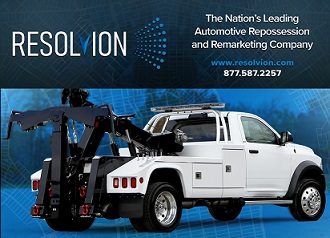
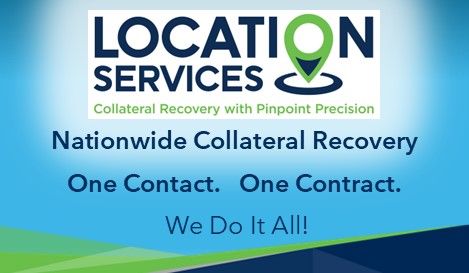
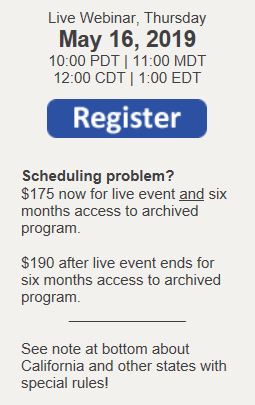

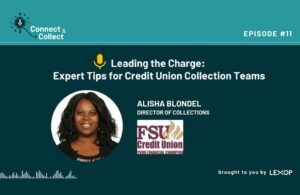
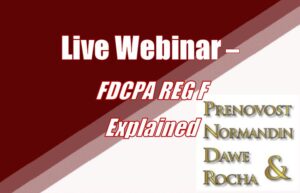
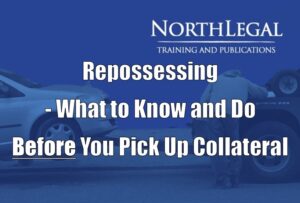
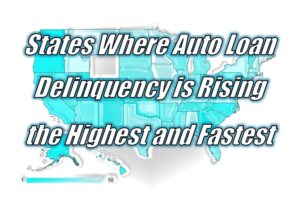
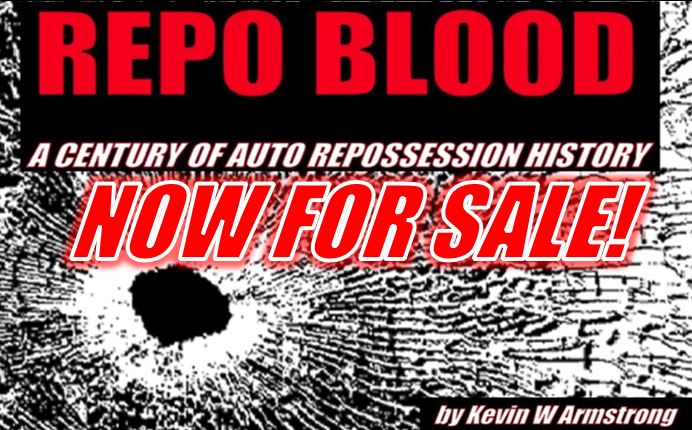

Facebook Comments